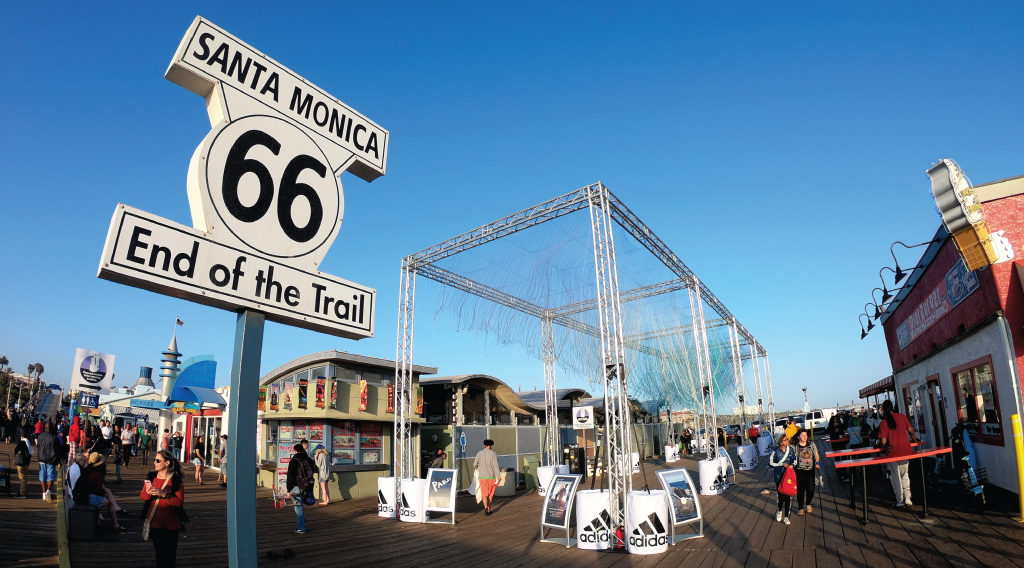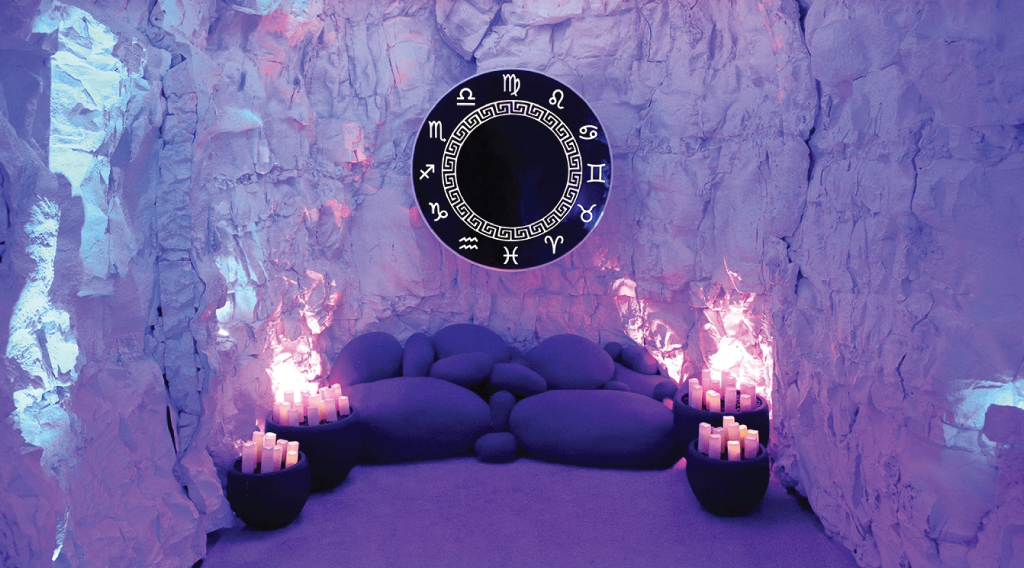Why Marketers Build Their Brand Strategies Around Experiential Marketing
 Even though social media gives brands a direct line of communication to consumers and allows them to reach a greater audience, most marketing tactics are still one-dimensional. From as modern as an influencer-sponsored Instagram post to a traditional cheesy highway billboard, these strategies limit the depth of connection brands can form with their audiences.
Even though social media gives brands a direct line of communication to consumers and allows them to reach a greater audience, most marketing tactics are still one-dimensional. From as modern as an influencer-sponsored Instagram post to a traditional cheesy highway billboard, these strategies limit the depth of connection brands can form with their audiences.
Consumers see your campaign and decide whether or not they want to learn more. It’s a simple transaction that puts a lot of focus on the product without strengthening the emotional tie with the consumer—which is why so many businesses and brands are doubling down on experiential marketing.
Also referred to as engagement marketing, experiential marketing takes things beyond advertising by inviting participants to engage with a campaign through live events, product sampling, public art installations, contests and other interactive promotions. These experiences not only forge an authentic bond between brand and consumer, but they take it a step further by welcoming consumers to be a part of the brand’s story.
Whether you're building a brand strategy from scratch or want to refresh your current plan with new ideas, improving your customer experience through experiential marketing will help you connect with your audience in exciting and innovative ways.
There are three key reasons why experiential marketing should be a major focus in your brand strategy, and get some inspiration for your next viral campaign.
Photo Credit: zacfitzwalter.com
Deliver The Unexpected
Experiential marketing will keep your brand from making what is perhaps the most fatal marketing mistake: being boring.
People are drawn to live experiences because they offer something engaging and new. Today's consumers are always on the hunt for the next fun activity, and it's up to brands and businesses to consistently provide fresh forms of entertainment.
Experiential marketing is really an exemplification of the fun theory, which suggests that people are more likely to participate in something if it looks fun. Or as we know, it gives you the major FOMO effect.
Take the Volkswagen Piano Stairs, for example.
In 2009, Volkswagen converted a set of steps in a Stockholm subway station into working piano keys that would play notes when stepped on. The result? Approximately 66% more people chose the stairs over the escalator that ran parallel next to it.
So when you're out on the hunt for your next experiential marketing campaign, ask yourself how you can make some mundane part of everyday life—like taking the stairs or walking through the subway—a little more exciting.
Photo Credit: uniquemarketingcampaigns.wordpress.com
Differentiate Yourself From Competition
There's no denying how saturated most markets are these days. If you want to build strong brand recognition, start by thinking outside of the box.
When an experiential marketing campaign takes off and does well, people will begin to associate your brand with that experience. You’ll stop being the "insert saturated niche" brand and start becoming the brand that did that really cool thing, giving you a serious leg up on your competition.
Lean Cuisine, for example, is in a highly competitive market. And while the brand's messaging typically focuses on weight loss, their marketing team recognized how often their consumers are faced with an overwhelming amount of choices. So, they created the "Weigh This" campaign and asked women to "weigh what really matters" via social media. Their answers were painted onto individual scales and used to create a public art installation.
This set Lean Cuisine apart from any other weight loss brand. They invited their audience to be part of the brand’s story by providing an emotional outlet for discussing the pressures of weight loss and modern beauty standards.
Photo Credit: adweek.com
Create Long-Lasting Relationship
When done correctly (and consistently), experiential marketing gives the consumer a memorable experience that often lends itself to an emotional connection to the brand. When experiences are consistent there's a greater chance for a long-lasting, loyal relationship between brand and consumer.
Refinery 29’s 29Rooms is a great example of this. Described as a "funhouse-meets-art-gallery," these long-running art installations invited consumers to explore the rooms designed with "cause, culture and creativity." And since they've been around for a few years, people have started to expect and anticipate what the upcoming rooms will be about.
This not only improves the company's brand recognition. but it also helps to keep people coming back every year.
--
Emotions Drive Brand Loyalty
In Marketing 101, we all learned that emotion builds memory, and experiences drive purchases. Knowing how people are craving something meaningful and exciting, it's essential for brands to create events that make people feel.
Experiential marketing accomplishes this because it ties into The Propinquity Effect, which is the idea that the more we interact with people, the more likely we are to befriend them. Providing more experiences that allow people to fully immerse in your brand will serve to continually strengthen the consumer's favorable memory.


.png?width=1024&name=Why-Is-Experiential-Marketing-Important-For-Your-Brand-StrategyBlog-1-1024x568%20(1).png)


